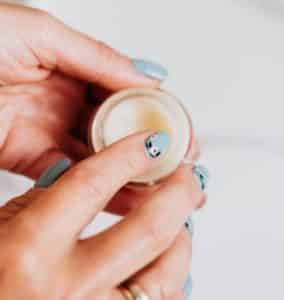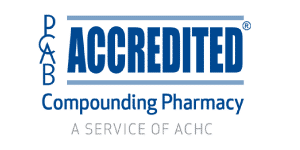What is Psoriasis?
Psoriasis is a skin condition that causes red, scaly itchy patches that are often very painful, they are commonly found on the knees, scalp, elbows, and trunks. Psoriasis causes your body’s skin life cycle to hurry up which causes dead skin cells to quickly come into the surface of your skin. Psoriasis is a chronic disease (long-lasting) that has no cure yet but can be controlled by a simple change in your lifestyle and habits.
What are the Most Common Types of Psoriasis?
1. Plaque Psoriasis
This is the most seen skin condition among people that causes red, scaly plaques to form on the patient’s skin. Plaques Psoriasis can appear anywhere in the body.
2. Inverse Psoriasis
Inverse Psoriasis is the prime reason for inflamed skin conditions around the groin and genitals areas, under your breasts and armpits. This form of psoriasis is often irritated by the friction and sweat that are common in those areas. Fungal infections can also trigger inverse psoriasis.
3. Pustular Psoriasis
Pustular Psoriasis is not very common among people but can be very painful. This type of skin condition causes small blisters on the skin that contain clear fluid. It can also cause diarrhea, high fever, and chills.
4. Guttate Psoriasis
Guttate Psoriasis is a common skin condition that affects mostly children and younger adults. It is normally precipitated by bacterial infections, staph infection, or bronchitis.
5. Nail Psoriasis
Nail Psoriasis causes your nails in fingers and toes to grow abnormally, sometimes causing them to disintegrate or cause the nails to get separated from the nail bed itself.
6. Psoriatic Arthritis
Psoriatic Arthritis is a type of psoriasis that not only causes skin problems but also causes your joints to become painful and swollen.
What are the Most Common Treatments for Psoriasis?
There are many treatments for Psoriasis. Sometimes oral medication and light therapy are used for treatment. However, topical psoriasis creams are the most common medication used. Nowadays, doctors prescribe dermatological compounding medication for treating psoriasis as they have high efficacy.
Let us look at the most common treatments available for psoriasis.
1. Topical Retinoids: It is used to reduce swelling and irritation. It is a derivative of vitamin A.
2. Corticosteroids: It helps in lowering inflammation and itching of skin.
3. Vitamin D analogs: It is used to put a brake on the growth of excess skin cells.
4. Calcineurin: It is used to lower plaque buildup and inflammation.
5. Coal tar: It is used to lower skin inflammation and scaling.
6. Salicylic acid: It helps in removing dead skin cells from the body.
7. Moisturizers: It helps in lowering itching and dryness of the skin.
How Compounded Psoriasis Creams Can Help
Compounded psoriasis creams are made as per your doctor or physician prescriptions. Everyone has different types of skin and thickness and commercially available psoriasis creams are made for everyone. It may cause side effects in some people. Compounding creams on the other hand are customized for your skin. Your doctor or dermatologist will assess your affected area of the skin and based on the assessments; they will prescribe ingredients to be used in the cream. Customized compounded cream is then made, it has no side effects and high efficacy. An excellent compounding pharmacist can help you to assess your symptoms, current skin condition, previous reactions to medication and prepare the best-compounded medication that is specifically made for your skin.





